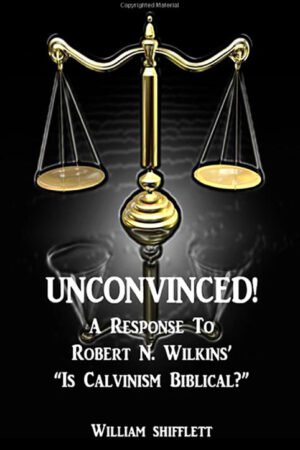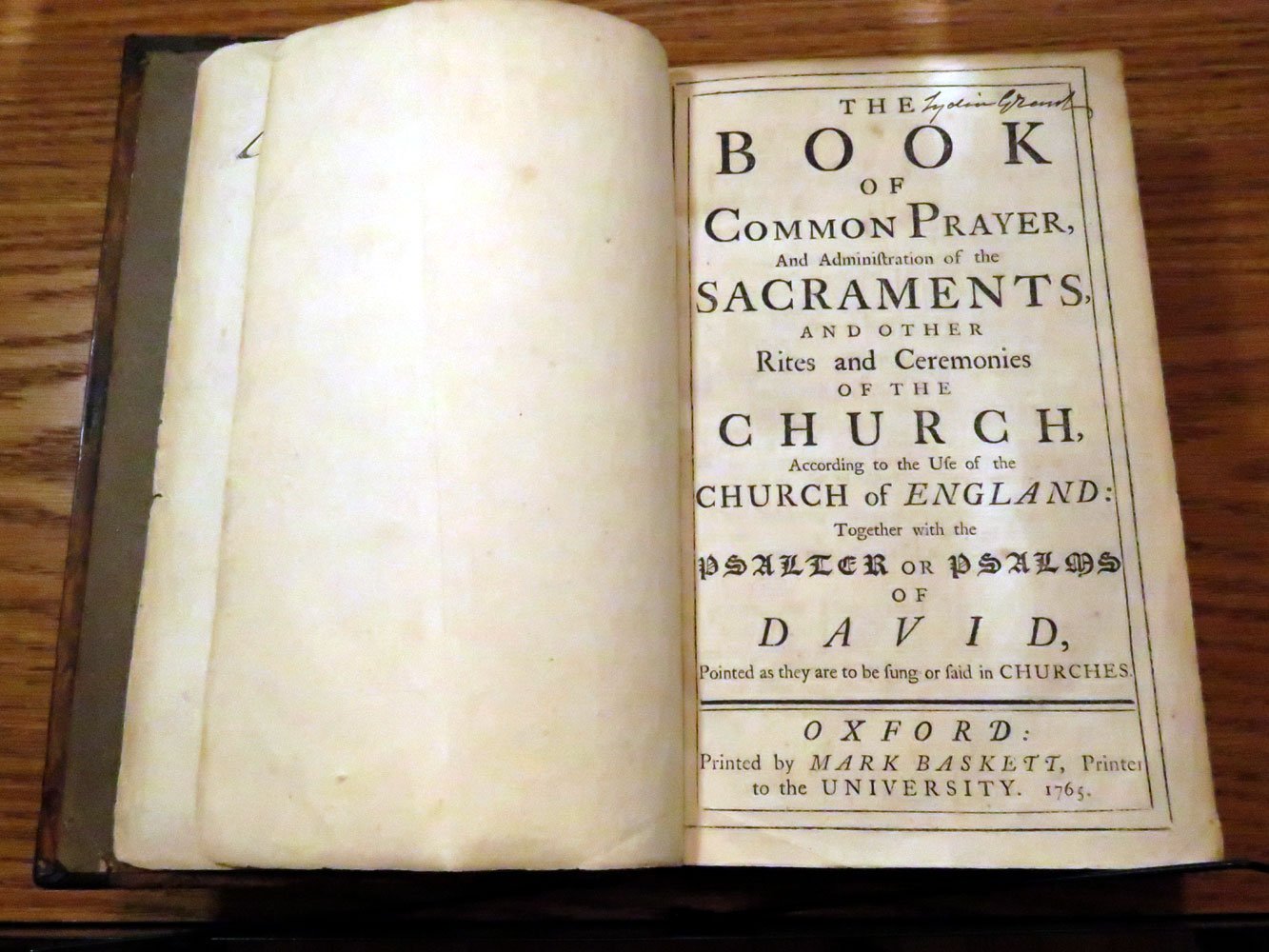
As a believer, attending church is a vital part of your spiritual journey, but not all churches are created equal. Reasoning Tree Church in Edinburg, Virginia is what I would call a “Reformed and Confessional Church”. A reformed and confessional church adheres to the Reformed tradition of Christianity. This tradition emphasizes the sovereignty of God, the authority of Scripture, and the need for salvation through Christ; just to mention a few.
Attending church always has been an essential part of Christian life. All churches should provide an opportunity to worship, fellowship, and grow in faith. However, not all churches are the same. Some have different beliefs, practices, and traditions.
Reasoning Tree Church adheres to the Five Solas, which are the five principles that summarize basic Christian belief. These principles are Sola Scriptura (Scripture Alone), Sola Fide (Faith Alone), Sola Gratia (Grace Alone), Solus Christus (Christ Alone), and Soli Deo Gloria (To the Glory of God Alone).
A reformed and confessional church also emphasizes the importance of prayer. We believe that prayer is an essential part of our relationship with God, and that it is through prayer that we can communicate with Him and seek His guidance. We are encouraged to pray regularly, so that we can stay connected to God and be open to His leading in our lives.
Reasoning Tree Church affirms that the Bible alone is the source of truth, and that salvation comes only through faith in Jesus Christ. Below I list five more expanded reasons.
1. Firmly Rooted in Biblical Truth and Doctrinal Focus.

I first visited Reasoning Tree because I was told by one of my friends of their expository preaching and their high view of Scripture. They believe that the Bible is the authoritative Word of God and that it is sufficient for all matters of faith and practice. This means that I can expect to hear Biblical preaching and teaching that is faithful to the text and aimed at helping Christians grow in their understanding of God’s Word.
Reformed and confessional churches are known for their commitment to biblical and doctrinal teaching. This means that they take the Bible seriously teaching that it is the God breathed Truth; and hold to it’s doctrines such as the sovereignty of God, the depravity of man, and salvation by grace through faith in Jesus Christ.
We are encouraged by Pastor William to read and study the Bible regularly, so that we can better understand God’s revelation to His people by interpretating it correctly. This helps us to live out our faith, as we strive to follow God’s commands and live according to His will.
In a world that teaches that truth is relative, a church that places a high value on the authority and sufficiency of Scripture provides a solid anchor in the unchanging Word of God.
2. A focus on Christ and His Finish Work.

Reasoning Tree Church places a strong emphasis on the person and work of Christ. They believe that salvation is only possible through faith in Christ and His atoning work on the cross. Attending here helps me focus on Christ and His finished work, which is essential for growing in your faith.
Reformed and confessional churches place a strong emphasis on the gospel. They believe that salvation is by grace alone, through faith alone, in Christ alone. This means that you can expect to hear a clear presentation of the gospel and how it applies to your life.
Attending Reasoning Tree helps me to better understand my need for personal faith in Jesus Christ. Faith in Jesus Christ is the only way to be saved. I learn about the importance of personal faith in Jesus Christ, how to live out that faith in my daily life, and how to grow in my faith. It is all of Christ and none of me.
3. Emphasis on Worship.

At Reasoning Tree Church worship is taken seriously. I wish this was true of every church I have attended, but it is not. At Reasoning Tree the liturgy is carefully crafted to lead the congregation in worship that is reverent, joyful, and focused on God the Father, God the Son, and God the Holy Spirit.
Part of worship is also building each other up in the faith. Reasoning Tree Church has regular, special Sunday services where the congregation can ask the Pastor questions about the Bible or their faith. I have found this to be a great help in increasing my knowledge and faith in Christ.
Worship is an essential part of the Christian life and it certainly should be centered on God and His glory.
Worship is a central part of Reasoning Tree Church and their worship services reflect this. They typically include a mix of worship songs with theologically-rich lyrics, as well as prayer, reading of the Creeds, and preaching. The focus of the worship service is on God and His glory. Worship that is God-centered, reverent, and reflective. They recognize the importance of worshiping God in spirit and truth, and prioritize the preaching of the Word, singing of psalms and hymns, and the sacraments of baptism and the Lord’s Supper.
Their worship also emphasizes the importance of service to others. We believe that we are called to serve others, and that we are to use our gifts and talents to make a difference in the world. We are encouraged to be active in our communities, so that we can be a light to those around us and share the need for Christ with them.
4. Fellowship and Community

Reformed and confessional churches like Reasoning Tree are often very close-knit communities. Members of these churches are committed to one another and to the church as a whole. They seek to build one another up in the faith, and to support one another through the ups and downs of life. This is a great source of encouragement and accountability.
Reasoning Tree Church provides us a place to ask questions, to discuss our interpretations, and to learn from one another. This can be a great source of encouragement and accountability as you seek to grow in your faith. The church becomes a family, and members support and encourage one another.
The Christian life is one of ongoing growth and transformation. This means that you should expect to be part of a church community that is committed to helping you grow in your knowledge and faith in Christ, through Bible study, prayer, and other spiritual disciplines.
Attending Reasoning Tree Church provides me with a sense of community. A church that is close-knit, with members who are committed to supporting one another in their walk with Christ. This means that I can expect to be part of a church community that is welcoming, supportive, and encouraging.
5. Rich in history and Early tradition.

Reasoning Tree Church holds to the historic creeds and confessions of the Christian faith, such as the Apostles Creed and the Nicene Creed. It is a church that is grounded in the historic Christian faith and that values theological depth.
The creeds are a set of confessional standards that outline our beliefs and practices. These standards provide a clear framework for understanding the Christian faith and help to ensure that the teaching and preaching within the church align with Biblical truth. The reading of the creeds help us to know and share what we believe and why we believe it.
Reformed and confessional churches are part of a rich theological heritage that spans centuries. The creeds and confessions have been tested and refined over time. By being part of a reformed and confessional church, you are joining a long line of believers who have gone before you and have faithfully upheld the truths of the gospel.
Attending Reasoning Tree Church has exposed me to this history and tradition, deepening my understanding of historic Christianity. It is indeed a blessing to connect with the historical roots of the Christian faith and learn from the experiences of those who came before us.
Summing up.
I attend Reasoning Tree Church because I believe that it is the best way to honor God and to live out my faith. This church emphasizes the importance of Scripture, the sovereignty of God, and the need for personal holiness. It also emphasizes the importance of the sacraments, the value of the historic church, and the need for corporate worship. By attending, I am able to learn more about God’s Holy Word and to grow in my faith. I am also able to be part of a community of believers who share my beliefs and values.
In conclusion, there is no perfect church, only a perfect Savior!
If you are searching for a church that is firmly rooted in Biblical truth and in the historic Christian faith; a church that values the Bible, the Gospel, theological depth, discipleship, and provides a rich worship experience, then Reasoning Tree Church in Edinburg Virginia may be just what you need.
[wpgmza id=”1″]






































